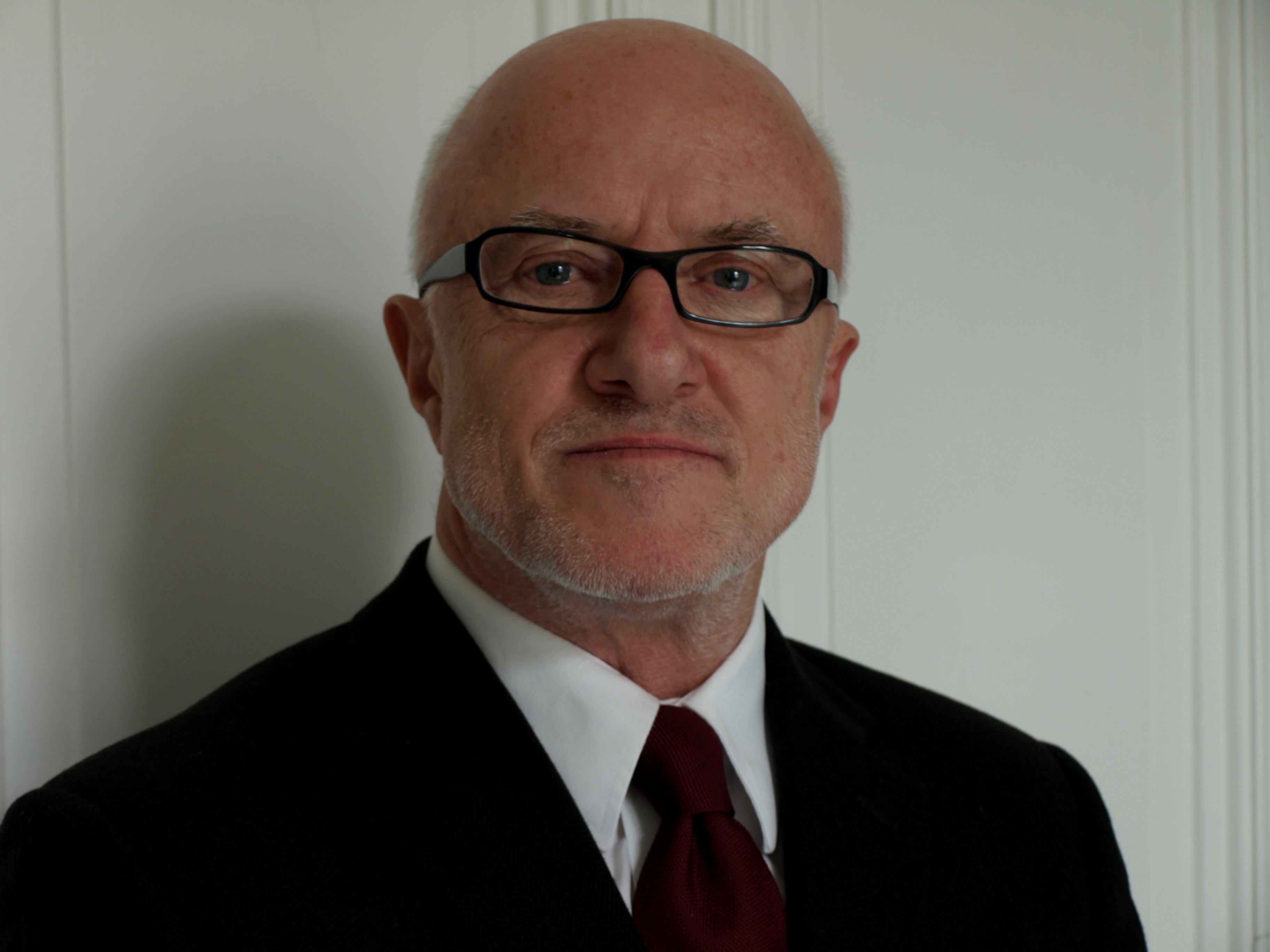Panel: "Max Weber and Public Administration Today"
Wolfgang Drechsler, Tallinn University of Technology, Estonia
György Gajduschek, Corvinus University of Budapest, Hungary
György Jenei, Corvinus University of Budapest, Hungary
Social scientists commemorate worldwide in 2014 the 150 anniversary of the birth of Max Weber.Who was Max Weber? What are the main achievements of his theory? How did he influence the development of social sciences in the 20th and 21st centuries?
Opinions and evaluations are controversial. It is indisputable that Max Weber has been the foremost social theorist of the last century and that he has given significant impetus to the orientation and reorientation of new academic disciplines such as public administration.
We have to take into consideration that his theory has had wide-range and substantial importance for the transition of countries in Central and Eastern Europe. Even nowadays he has a reputation as one of the founding theorists of modernity, but at the same time, major challenges have been developed to Weber’s modern approach to public administration.
But do the scientists speak about the same theory? Authentic interpretations and simplified caricatures have already existed in previous and current discussions.
Weber had a substantial impact on the development of the institutional framework of legislative democracy as elaborated by Jürgen Habermas and, on the other side, his theory has been built up as a paper tiger by the NPM theorists.
To contribute to the authentic interpretation of Max Weber’s theory we should ask the following questions:
- What is the impact of the formative value of Weberian sociology in regards to public administration in the creation of a communicative and experiential basis of social democracy?
- What are the reasons for the attacks from many approaches on the modern - capable and effective - State and can these attacks defend the function of the modern State based on the application of Weber’s theory?
- Does Weber recognise the necessity of a strong civil society and does he direct the modern State towards a more socially democratic format or etatism as the core of his theory?
- How has Weber’s analysis of modernity and rationalisation influenced social sciences, especially the critical theory associated with the Frankfurt School?
- What are the Weberian traditions on the role of cultural influences on public administration systems nowadays?
- Why is the well-known Weberian set of criteria on bureaucracy – as a legal form of social authority – extremely close to most of the recent principles of PA reform agendas? Or are these core principles - principles of merit selection, hierarchy, the division of labour, exclusive employment, career advancement, the written form, and legality – already outdated, or are they only partially valid?
- What is the importance of the Weberian methodology on current public administration approaches? (methodological individualism and anti-positivism; social action theory through interpretive (rather than purely empiricist) means - Verstehende Soziologie); ideal types of domination, legitimisation, or authority – charismatic (familial and religions), traditional (patriarchs, patrimonialism, feudalism), legal (modern law and state, bureaucracy) and politics as a vocation).
The panel invites papers dealing with the theoretical values, the historical heritage of Max Weber, outlining challenges and criticism on his theory, looking for opportunities for a pragmatic application of Weberian sociology to contemporary issues in politics and public administration.
Keynote speaker: Prof. Dirk Kaesler
 Prof. Dirk Kaesler was Professor of Sociology at the University of Hamburg
(1984-1995) and of Marburg (1995-2009). He has held visiting professorships at
the University of Chicago, the University of Köln, the University of South Florida
St. Petersburg, the Indiana University Bloomington, the Ecole des Hautes Etudes
en Sciences Sociales, the Humboldt-University Berlin, the University of
München, the University of California-Berkeley, the University of Graz. He
served as President of the "Research Committee on the History of Sociology” of
the "International Sociological Association” (1989-2002) and as member of the
Executive Council of the "German Sociological Society”(2002-2005). His main
research interests cover theories of sociology, history of sociology and Max
Weber-research. In all these fields he has published many books and numerous
articles. [http://www.kaesler-soziologie.de]
Prof. Dirk Kaesler was Professor of Sociology at the University of Hamburg
(1984-1995) and of Marburg (1995-2009). He has held visiting professorships at
the University of Chicago, the University of Köln, the University of South Florida
St. Petersburg, the Indiana University Bloomington, the Ecole des Hautes Etudes
en Sciences Sociales, the Humboldt-University Berlin, the University of
München, the University of California-Berkeley, the University of Graz. He
served as President of the "Research Committee on the History of Sociology” of
the "International Sociological Association” (1989-2002) and as member of the
Executive Council of the "German Sociological Society”(2002-2005). His main
research interests cover theories of sociology, history of sociology and Max
Weber-research. In all these fields he has published many books and numerous
articles. [http://www.kaesler-soziologie.de]


